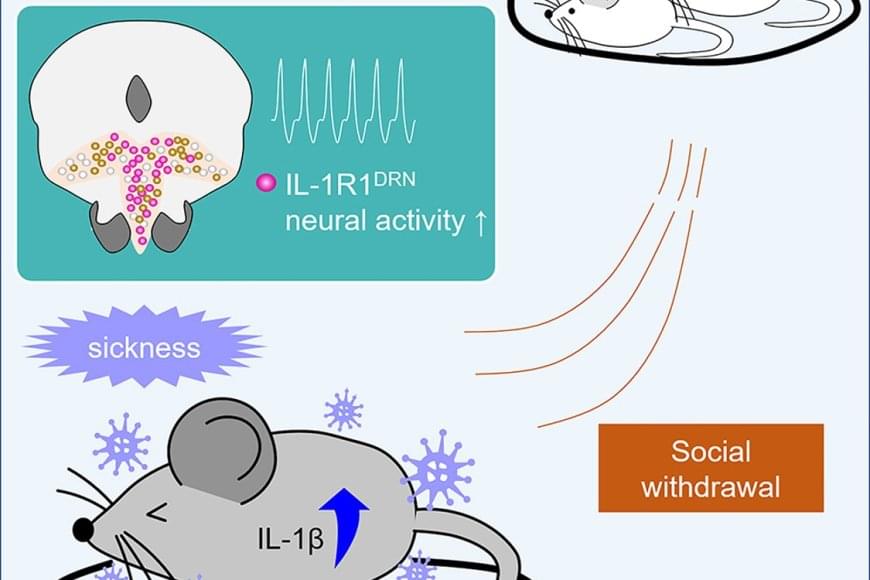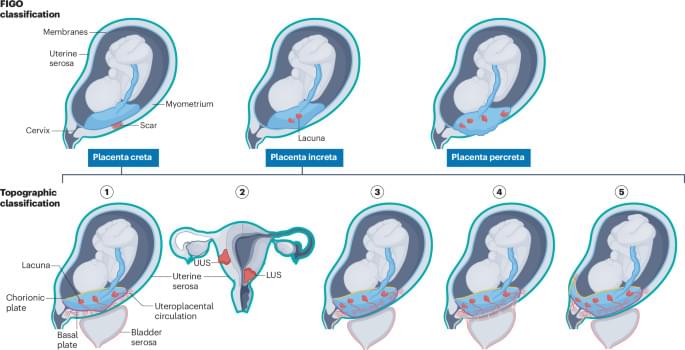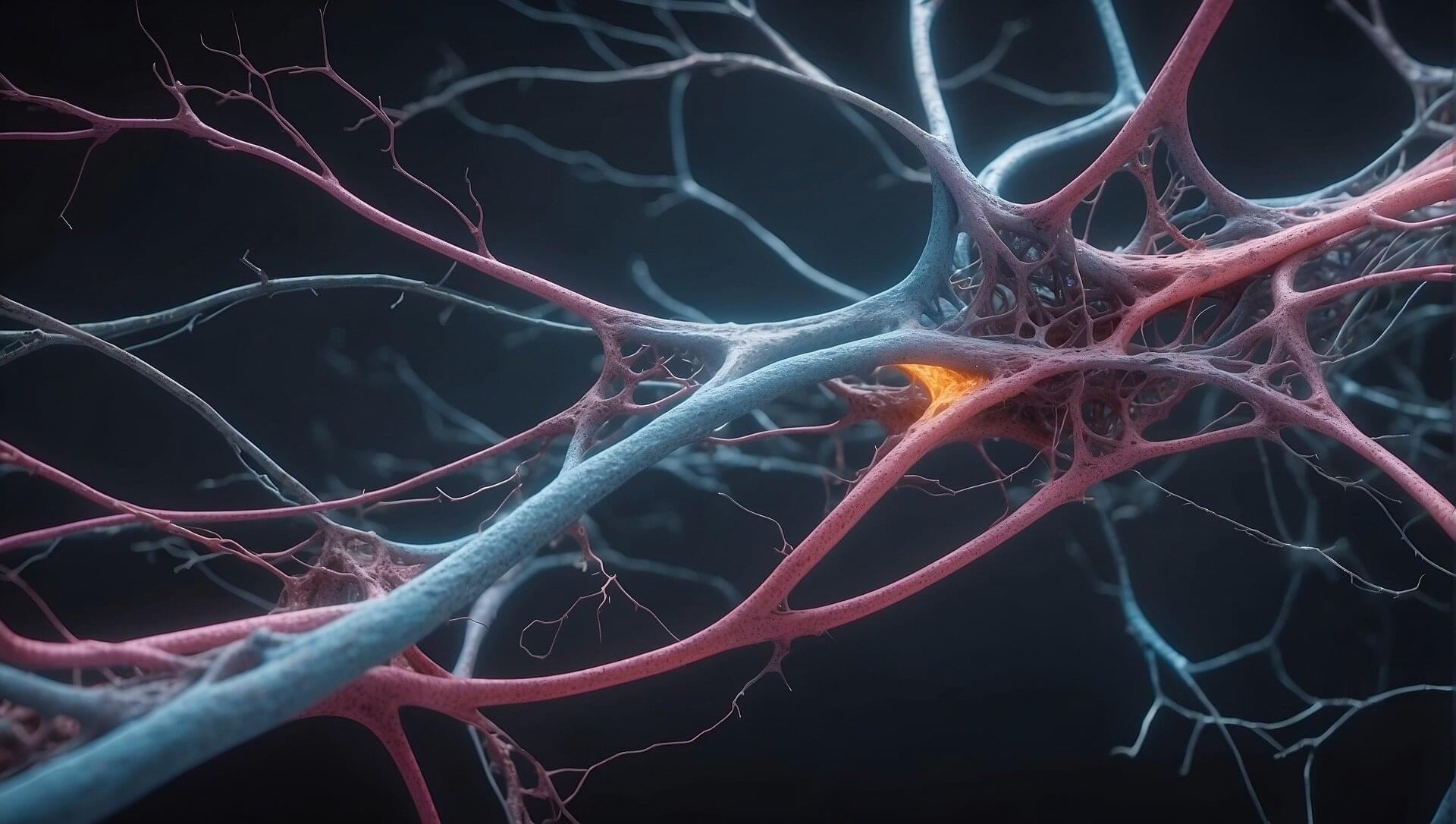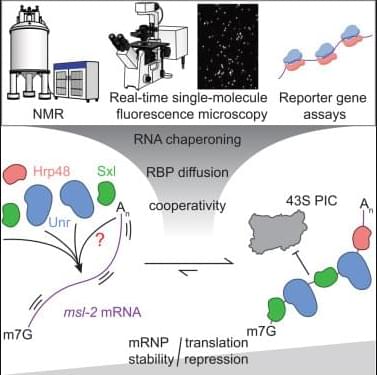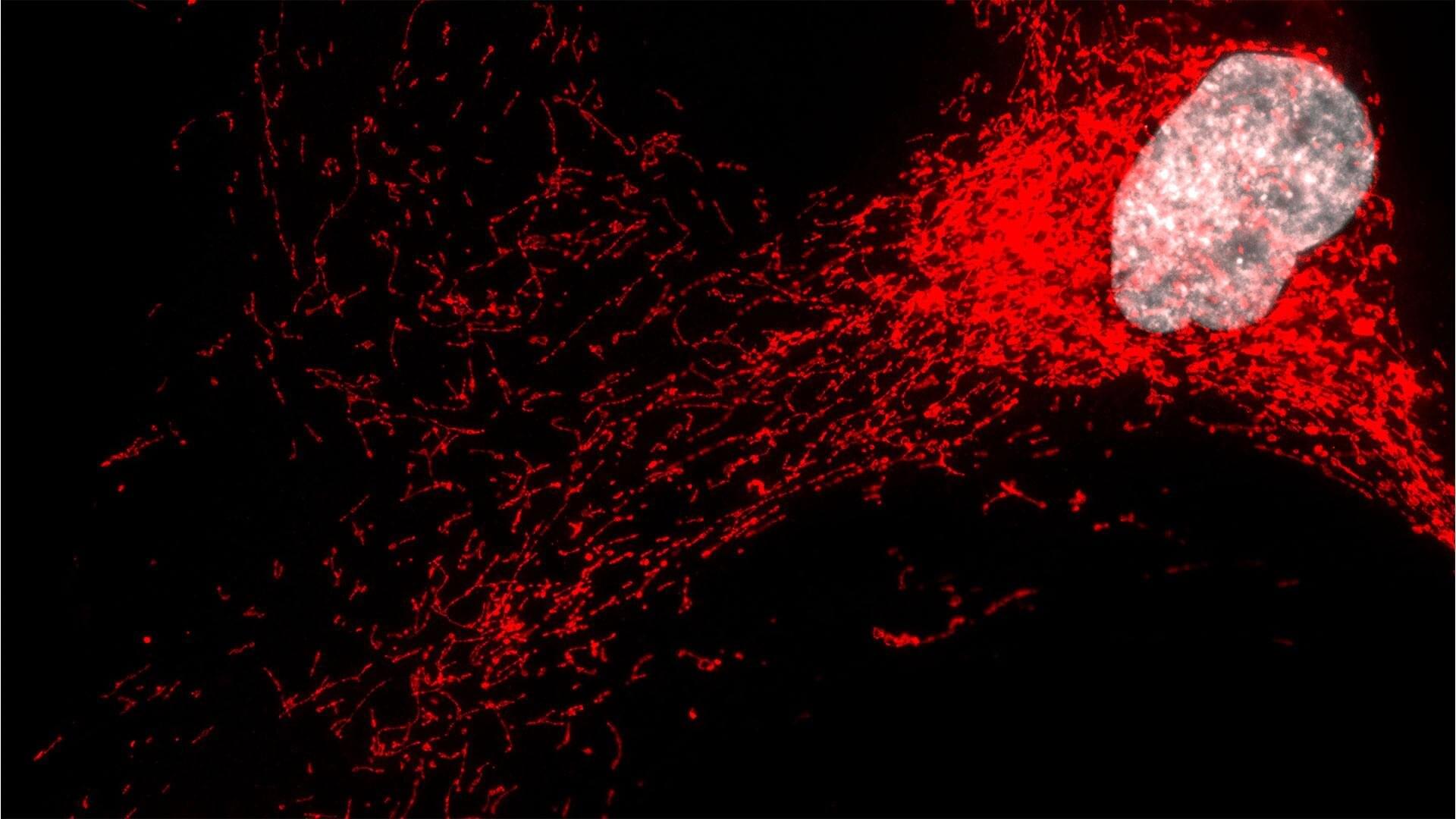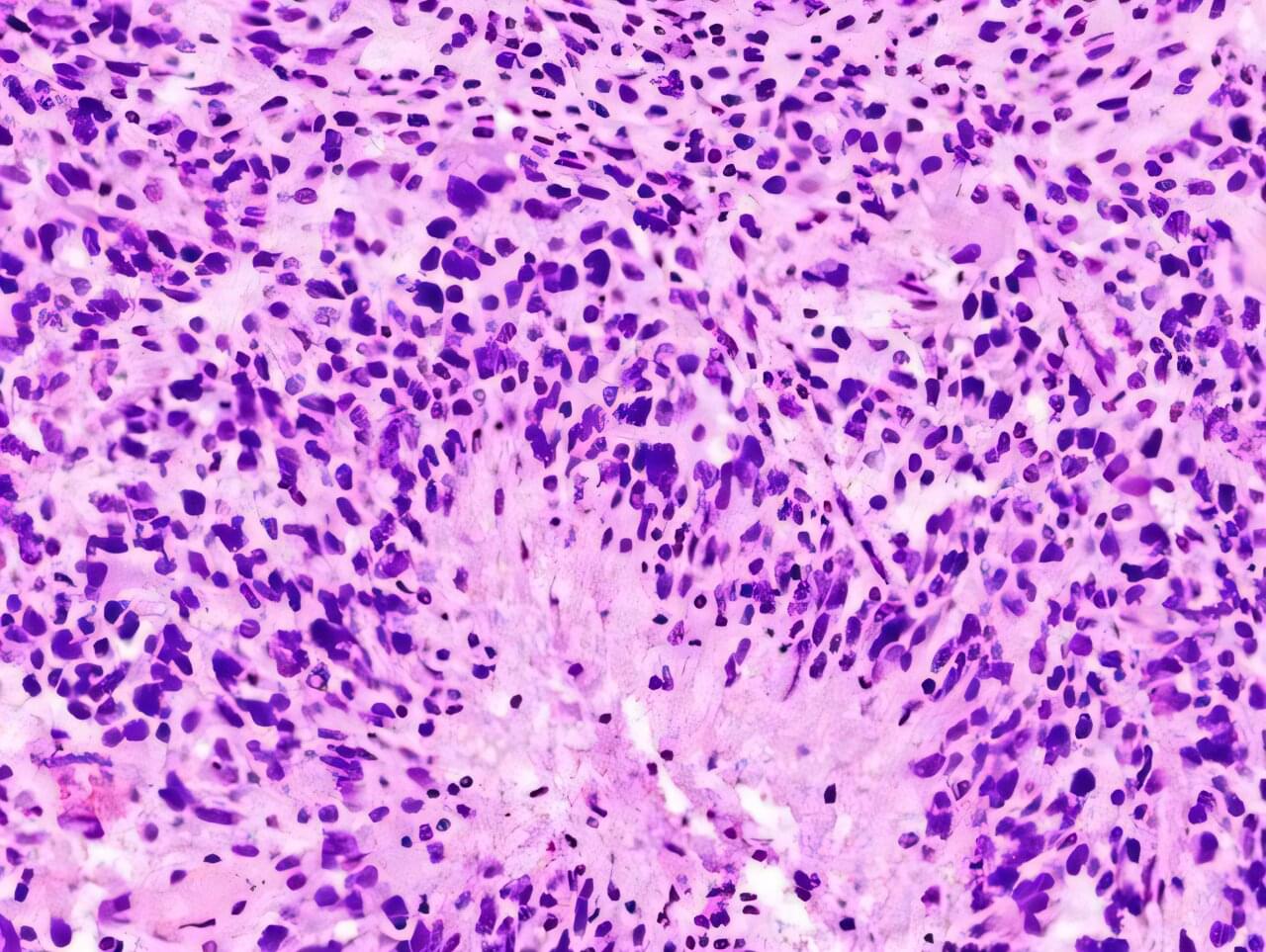“I just can’t make it tonight. You have fun without me.” Across much of the animal kingdom, when infection strikes, social contact shuts down. A new study details how the immune and central nervous systems implement this sickness behavior.
It makes perfect sense that when we’re battling an infection, we lose our desire to be around others. That protects them from getting sick and lets us get much needed rest. What hasn’t been as clear is how this behavior change happens.
In the research published in Cell, scientists used multiple methods to demonstrate causally that when the immune system cytokine interleukin-1 beta (IL-1β) reaches the IL-1 receptor 1 (IL-1R1) on neurons in a brain region called the dorsal raphe nucleus, that activates connections with the intermediate lateral septum to shut down social behavior.
“Our findings show that social isolation following immune challenge is self-imposed and driven by an active neural process, rather than a secondary consequence of physiological symptoms of sickness, such as lethargy,” said study co-senior author.
